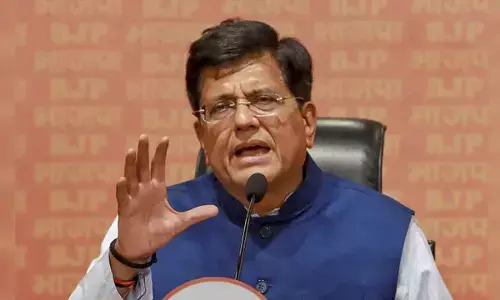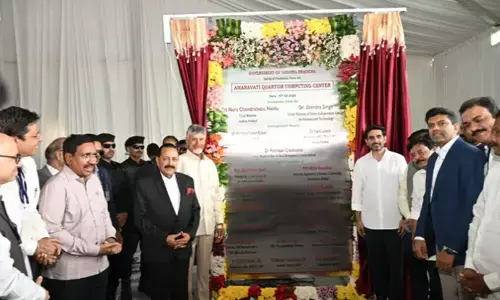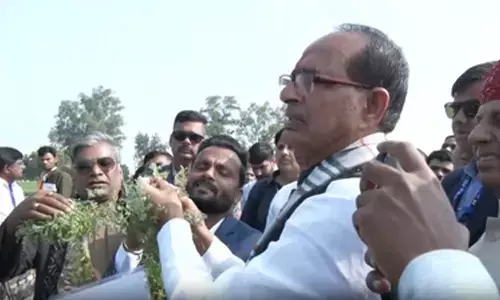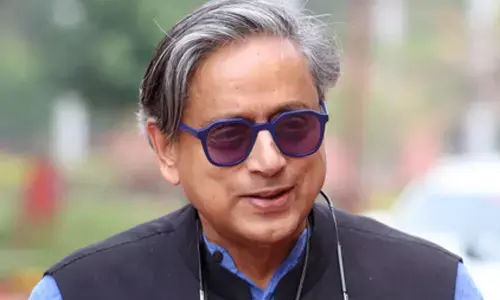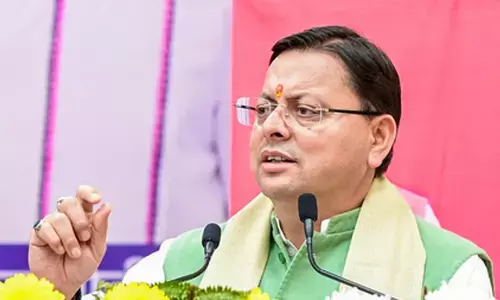Kashmir: Geelani didn't quit, he was dumped by Pakistan
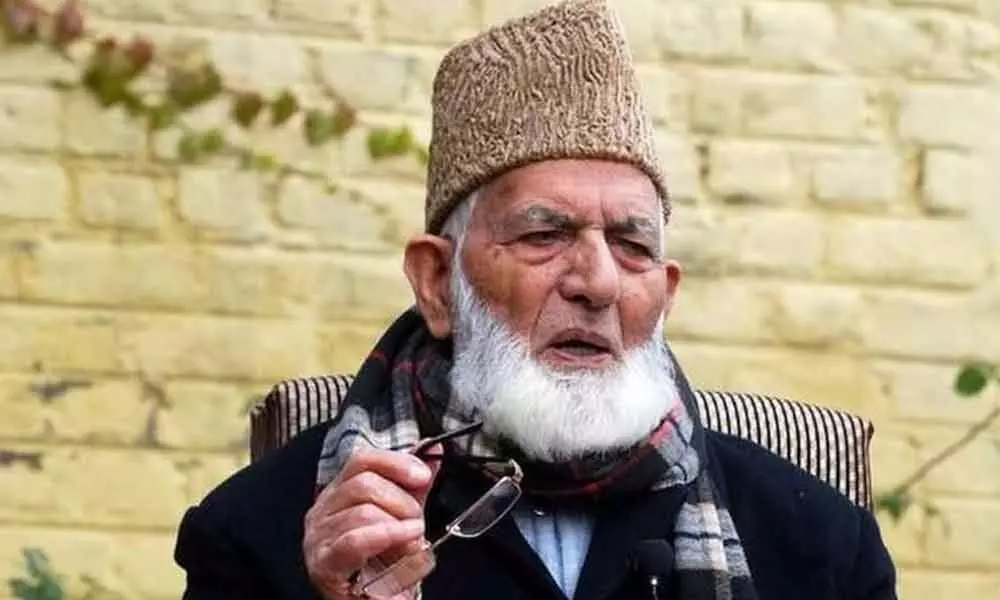
Geelani didn't quit, he was dumped by Pakistan
Syed Ali Shah Geelani, the patriarch of the pro-Pakistan separatist movement in Kashmir, quit the All Parties Hurriyat Conference.
Syed Ali Shah Geelani, the patriarch of the pro-Pakistan separatist movement in Kashmir, quit the All Parties Hurriyat Conference. That was the impression that his parting letter sought to give but hidden somewhere was the fact that Pakistan terminated his services. He was dumped because he was old, unwell, bickering with his own separatist colleagues and was not fitting into Pakistan's new scheme of things vis-a-vis Kashmir.
His two-page letter illustrated his 'pain'. For three decades, Geelani delivered for Pakistan. His "Kashmir banega Pakistan (Kashmir will become Pakistan)" agenda based on the reasoning that Kashmir, as a Muslim majority region, should go to Pakistan, lured thousands. He shrewdly used the religious sentiment to further his convoluted dream and supported an armed struggle against India.
Unlike some of his secessionist colleagues, who thrived on the ambiguity, he minced no words when it came to Pakistan. His agenda pushed the Valley towards radicalisation and inspired thousands to take to militancy, whether covertly or overtly. This was something which suited Pakistan's designs - keeping the passions of common Kashmiris on the boil in the name of religion.
Despite being one of the best delivery boys of Pakistan, his favourite country took no time in cutting him out. Pakistan wants Hurriyat to be headquartered in its occupied Kashmir, something which Geelani has been opposed to. The PoK branch of Hurriyat has ousted Syed Ali Shah Geelani's trusted men, including Abdullah Geelani there, and this decision was endorsed by Hurriyat in Kashmir against the wishes of Geelani. The senior Geelani wanted Abdullah to take over the reins of the Hurriyat.
He also wanted to involve the old and withering Hizb terrorists to be given new roles in politics. But this was negated by the Pakistani establishment. With his men being side-lined in PoK, he presumably read the writing on the wall and so decided to embarrass Pakistan.
His opposition to Pakistan's attempts to give decision-making powers to the PoK wing of the Hurriyat stems from the fear of losing his Kashmiri identity -- something most Kashmiri leaders suffer from. If Sheikh Abdullah in 1947 decided to go with India, it was more out of fear of being run over by Pakistan and losing his Kashmiri identity. Similarly, Geelani, even though an outright Pakistan supporter, wants Kashmiri nationalism to be kept separate in the Pakistan space. And, there were times when he even hobnobbed with the Indian agencies in order to keep Pakistan on tenterhooks.
Why does Pakistan want Hurriyat headquartered in PoK?
There are two main reasons for this: one is that Pakistan feels the Hurriyat in Kashmir has failed to live up to its expectation, especially after the abrogation of Article 370 and the second is the emerging China factor.
Geelani, the mastermind of the 'calendar protests' in the Valley in 2008, 2009, 2010 and 2016, when he drew weekly calendars of defiance against the administration, went silent after August 5. The crackdown on the Hurriyat leaders and their supporters by the NIA has broken the back of the separatists. And Geelani's failing health made sure that there was no on-ground activity against the abrogation of Art 370.
If the Pakistani establishment feels it is losing control over the Hurriyat, the China factor has made them change direction. China has been investing a lot of money in Pakistan to further its economic corridor strategy, and the most crucial part of it is located in PoK regions. Locals have been opposing the Chinese projects, which they claim will destroy their natural resources. And Geelani was the one Hurriyat leader, who too is said to have had reservations about China's growing influence.
It is being said that after the abrogation of Article 370 in J&K, Pakistan too is mulling formal 'annexation' of its occupied region of Kashmir. And, China is pushing the idea vigorously. Once Pakistan removes the special status to PoK, the very existence of the separatists and the idea of separatism will die.
Geelani and other separatist leaders will be forced to wind up their shops and Pakistan will work on a new set of people to carry on with the terrorism in Jammu & Kashmir. In April, Pakistan launched The Resistance Front (TRF), which had cadres from Lashkar-e-Taiba and Jaish-e-Mohammed. And, simultaneously it started activating and strengthening the Hurriyat Conference in Pakistan-occupied Kashmir. While Pakistan is redrawing its strategy on Kashmir, Geelani's letter has jolted the establishment and the masses in Kashmir.
A majority of Kashmiris, including the regional political satraps, have been in awe of Geelani. His agenda made stone pelting a fad among the youth and raising pro-Pakistan slogans and Islamic State flags after Friday prayers a cause-bound duty. And today, when he quit, the message that has gone across is -- whether it was all worth it?
Because of Geelani and his ilk, thousands of people have died in terrorism. It was again because of his Hurriyat that foreign terrorists were getting refuge in homes where they raped women. Thousands of women have been suffering silently as terrorists violated them and their voice has been silenced on the pretext of collateral damage in the 'holy' struggle of 'jihad'. Geelani and his separatist agenda were ruthless with the minorities, who were forced to abandon their homes and seek refuge in different cities of India.
Syed Ali Shah Geelani may say he has quit the scene, but Pakistan has no role for him as it is setting another agenda with different names. Most of these are not going from Kashmir and that is where the success of the Indian agencies lies.












